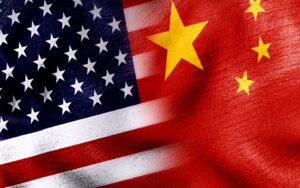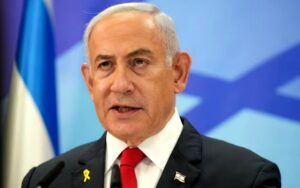The Chinese president calls on the Gulf countries to trade oil via Yuan

On Friday, December 9, on the sidelines of his visit to Saudi Arabia, Chinese President Xi Jinping called on the Gulf countries to make full use of the Shanghai Oil and Gas Exchange as a platform for settling oil and gas trade via Chinese Yuan.
He added, “China will continue to import large quantities of crude oil from the GCC countries, and expand LNG imports”.
“It will also continue to strengthen cooperation in the development of oil and gas, engineering services, storage, transportation and refining sectors, and make full use of the Shanghai Oil and Gas Exchange as a platform for settling oil and gas trade in yuan,” Xi added.
He also stressed China’s willingness to implement financial regulatory with the GCC countries, facilitate the entry of Gulf companies into the Chinese capital market, as well as establish a joint investment association with the GCC countries.
Experts believe that any move by Saudi Arabia to abandon the dollar in the oil trade would be an important economic and political coup in the history of the region, as Riyadh had previously threatened in the face of possible US legislation that would expose OPEC members to antitrust lawsuits.
China’s growing influence in the Gulf has made the United States nervous.
Deepening economic relations was discussed during President Xi Jinping’s visit, where he was received with pomp and celebration and on Friday met with Gulf States and attended a wide-ranging summit with Arab League leaders in the Gulf, Levant and Africa region.
Indeed, at the start of the talks on Friday, the Saudi crown prince announced a “new historic phase in relations with China,” in stark contrast to the US-Saudi meetings five months earlier when President Joe Biden attended a small Arab summit in Riyadh.
In response to a question about his country’s relations with Washington in light of the warmth shown by the Chinese president, Foreign Minister Prince Faisal bin Farhan said that Saudi Arabia will continue to work with all its partners.
“We don’t see this as a zero-sum game,” he added.
“We don’t believe in polarization or choosing between the two sides,” the prince said at a news conference after the talks.
Although Saudi Arabia and China have signed many strategic and economic partnership agreements, and Chinese companies have entered the technology and infrastructure sectors, energy concerns will be the basis of relations between the two countries, analysts said.








